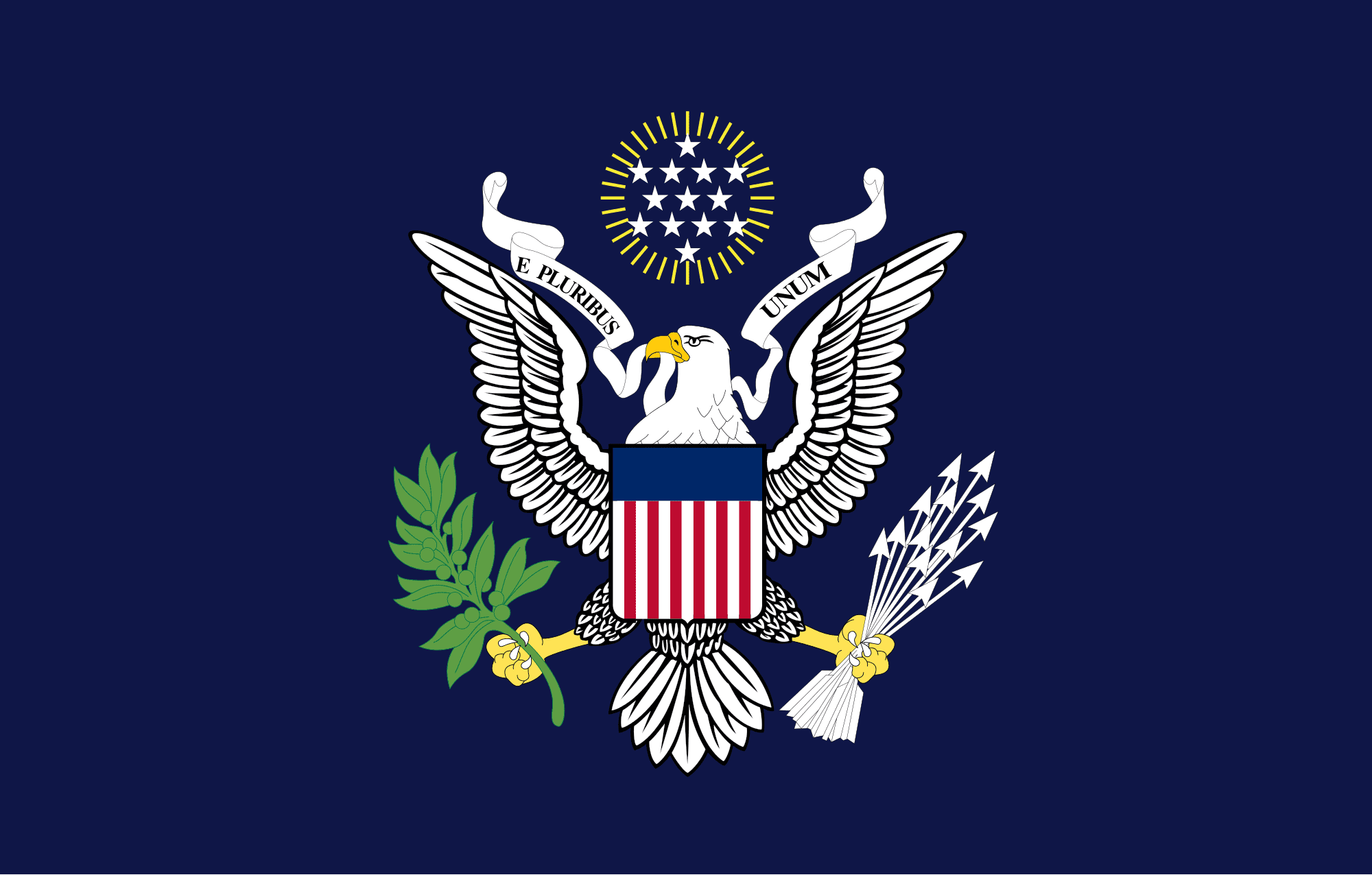
In a policy memorandum issued on May 18, 2018, USCIS has announced that it will radically revise how unlawful presence is accrued for students and exchange visitors who fail to maintain their F, J, or M visitor status. Unlawful presence is defined as presence after the expiration of the period of stay authorized by the Department of Homeland Security, or any presence without being admitted or paroled. Accruing more than 180 days, but less than one year, of unlawful presence can result in a 3-year bar from entering the United Sates. Accruing more than a year of unlawful presence can result in a 10-year bar from entering the country again. To learn more about unlawful presence waivers, please click here.
Starting August 9, 2018, F, J, and M nonimmigrants and their dependents will automatically accrue unlawful presence upon certain triggering events, explained below:
F, J, or M nonimmigrants who fail to maintain nonimmigrant status before August 9, 2018: will begin to accrue unlawful presence on August 9 unless they had already started accruing based on the earliest of any of the follow:
- The day after DHS denied the request for an immigration benefit, if DHS made a formal finding that the applicant violated their nonimmigrant status while adjudicating a request for another immigration benefit;
- The day after the duration of status on the Form I-94 expired, if the foreign national was admitted until a specific date; or
- The day after an immigration judge or the Board of Immigration Appeals orders the foreign national to be excluded, deported, or removed (regardless if the decision is appealed).
F, J, or M nonimmigrants who fail to maintain nonimmigrant status on or after August 9, 2018: will begin to accruing unlawful presence on the earliest of the following:
- The day after the nonimmigrant no longer pursues the course of study or the authorized activity, or the day after they engage in an unauthorized activity;
- The day after completing the course of study or program plus any authorized grace period;
- The day after the Form I-94 expires, if the foreign national was admitted until a specific date; or
- The day after an immigration judge or the Board of Immigration Appeals orders the foreign national to be excluded, deported, or removed (regardless if the decision is appealed).
The current guidelines related to unlawful presence states that students and exchange visitors who are admitted for, or present in the U.S. in duration of status (D/S) only accrue unlawful presence after USCIS formally finds a nonimmigrant status violation or an immigration judge orders the applicant excluded, deported, or removed. As such, in the past when a student had an overstay, while they were not in a period of authorized stay they were not be accruing unlawful presence. Now, that same student would accrue unlawful presence as soon as they fall out of status. This memorandum will supersede all current guidelines.